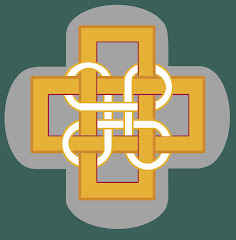Henri Nouwen, Roman Catholic priest and author, visited Nicaragua during the “Contra War”. After the conflict between the US and Nicaragua had ended, Nouwen’s concern and the concern of many was how to normalize relations– especially how to “love your enemies,” as Jesus says in the gospel of St. Matthew.
Henri Nouwen tells of a meeting he had with a group of Nicaraguan women in a small village. They were sharing stories about the war and saying that, since most of the deaths were on the Nicaraguan side, most of the forgiveness would have to be done by Nicaragua. But how can Nicaragua “love” America when they had been their enemies?
Nouwen posed the question to the women: “Can you forgive us? “ The women replied, almost in unison: “Yes, we can forgive you.” “We bombed your villages, burnt your fields, and killed your sons and husbands. Can you forgive us for all that?” “Even for all that,” the women replied.
Then Nouwen asked a question he had not intended to ask: “Can you love us?” “Yes, we can love you,” replied the women. “We can love you – and we do love you.”
Among the most difficult commandments in the Gospels is the commandment to love our enemies. Jesus was not crucified for saying “consider the lilies of the field” but for saying “love your enemies”. How do we love our enemies? One way is by withdrawing to a quiet place alone and acknowledging that God has created all people and loves all people. We are all brothers and sisters of each other. God pours his remarkable love on all of us, and we trust God to help us love our enemies. We cannot do it alone. We remain open to God’s power to change us. And God will change us, if that is our prayerful desire.
The Rev. Roderick D. Sinclair


No comments:
Post a Comment